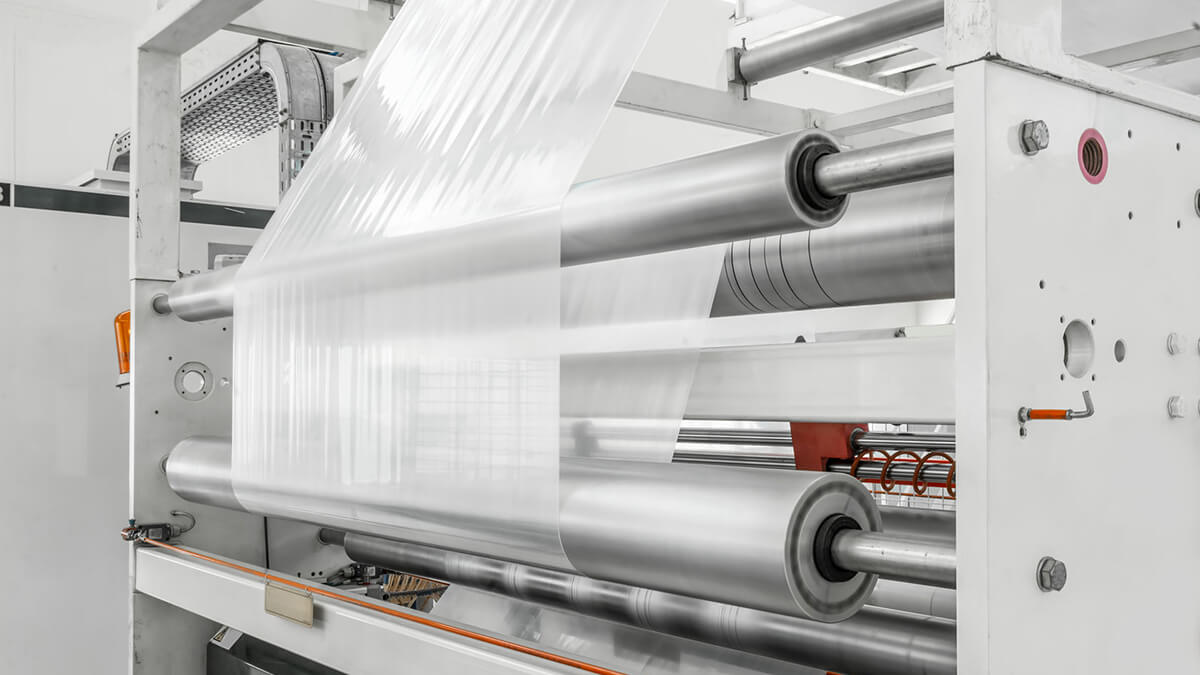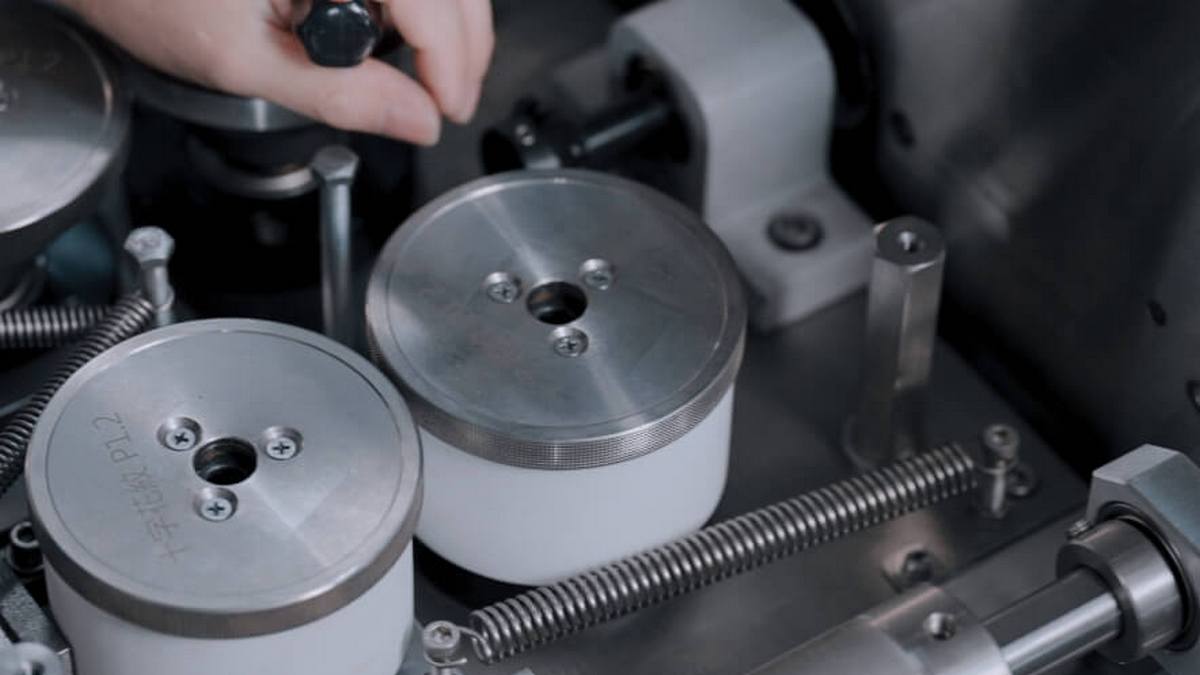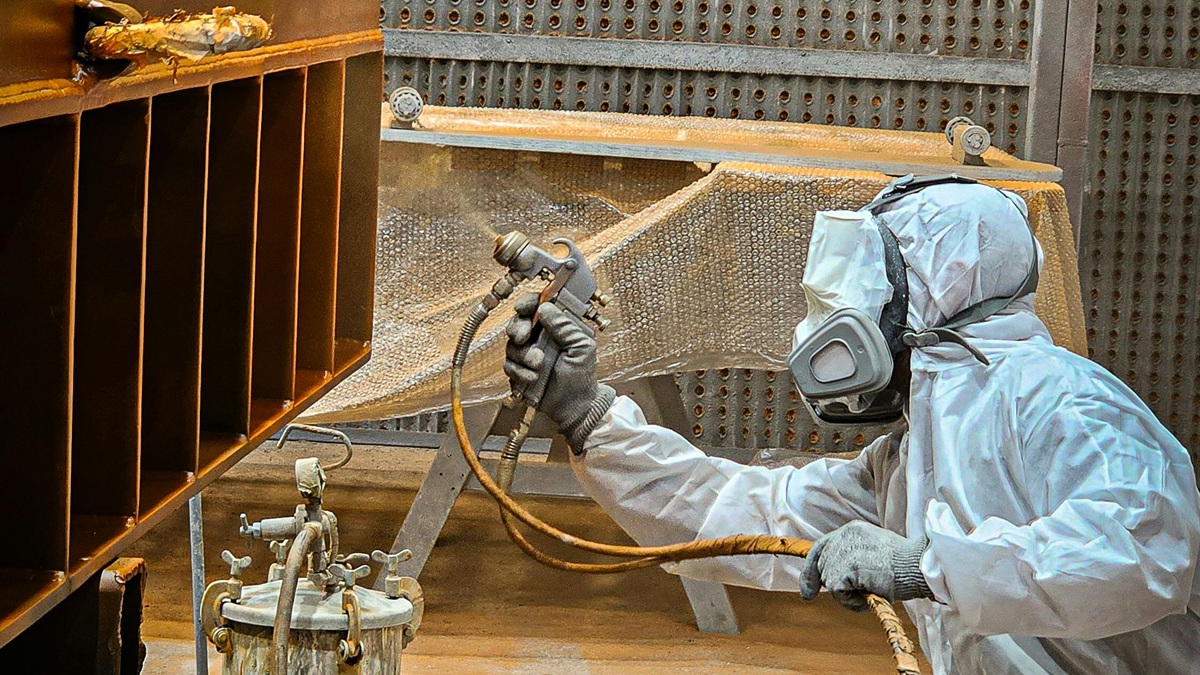Industry 4.0 is proving to be much, much more than just new technology. It's creating new manufacturing industries and new manufacturing processes. This impact is accelerating and changing manufacturing on a far greater scale than all the new technology put together.
- Additive Manufacturing
Additive manufacturing creates products by adding materials layer by layer, typically using an extrusion process. Under the guidance of ever more sophisticated computer controls and 3D models, additive manufacturing is more precise and reliable, and it supports a far greater range of materials, to the point where additive manufacturing is now becoming a full-fledged manufacturing industry, producing a wide range of parts and products much faster and cheaper than ever thought possible. Many automobile and aerospace companies are already taking advantage of additive manufacturing.
- Artificial Intelligence (AI)
While we're nowhere near getting artificial general intelligence, we do have AI applications crunching enormous amounts of data in real-time. Describing what happened and why it happened, predicting what is going to happen in the future, and prescribing what can and should be done to avoid the bad things and enhance the good things. AI is showing up everywhere in manufacturing right down to the machine level, making everything, and everyone, more intelligent. With machine learning and data analytic capabilities, AI provides manufacturing teams with greater insight to help improve manufacturing processes and operational efficiency.
- Augmented Reality (AR)/Virtual Reality (VR)
AR/VR is transforming manufacturing. Whether it's training, changeovers, troubleshooting, routine maintenance, emergency repairs, remote operations, or a whole lot more, AR/VR is now the tool of choice. For example, to help gain hands-on experience and mitigate safety risks, industrial teams can use AR/VR-based simulation devices and software to get practical experience on how to operate equipment or perform processes in a controlled environment. And now AR/VR is being extended beyond sight to include sound and touch, with ongoing research to extend that to smell and even taste.
- Mobile Computing
For manufacturing, the days of computer terminals on the shop floor are long gone. "There's an app for that" is just as true in manufacturing as it is in the rest of the world. Smartphones, pads, and tablets are ubiquitous on the shop floor, allowing access to any application, data, analysis, or anything else, at any time to anyone who needs it.
- Digital Manufacturing
The days of paper on the shop floor are also long gone. Who knew this would be such a revolutionary concept? But the issue was never the paper. The issue was always the information on the paper that no one could ever find, no one ever looked at and no one ever did anything with — information that was very valuable, even vital, to running the plant. Digital manufacturing makes all that information available to the people who need it, when they need it, to do the things they need to do. With digital manufacturing, the ERP systems (IT) and automation and control system (OT) lines have converged, creating new and better ways of doing business — new capabilities and processes that reduce costs, empower teams, improve decision-making and serve customers in better ways across the enterprise.
- Cloud Computing
At its simplest, cloud computing is about having processing power and storing data in ways so it can be accessible to anyone, anywhere, anytime. This is such a critical concept in manufacturing because globalization is now part of every manufacturing company's value chain and distribution network, and exchanging data with both customers and suppliers is a daily requirement.
- Edge Computing
Edge computing is about providing computing power right where it's needed, easily and simply. Even as powerful as the cloud maybe, some applications need computing power and data access right there on the spot. This is especially true in manufacturing, where machine optimization, machine learning, and AI applications need to be right there, all the time, in real-time.
- Blockchain
Blockchain was invented as the public transaction ledger of bitcoin. Blockchain can provide secure and verifiable records of transactions between multiple parties without the need for a central authority or server. While blockchain is in its infancy in manufacturing, the opportunities are almost endless to create a secure, yet simple and efficient, method of tracing transactions through multiple suppliers, manufacturers and customers.
- World-Class Maintenance
Maintenance of the equipment and machines in a smart factory becomes even more complex, and even more critical, as the smart machines become even more pervasive. With Industry 4.0, maintenance approaches can truly embrace the best practices of preventative, predictive, condition-based and reliability-centered maintenance, creating world-class maintenance solutions.
Yes, Industry 4.0 is already having a big impact on manufacturing. But it's more than just technology. It's about making fundamental changes in how manufacturing is done. There are new manufacturing industries and new manufacturing processes to go along with all the new technology. It's about doing new things, creating new products, and providing capabilities that didn't exist anywhere just a few years ago. And it's all having a big impact on manufacturing around the world, transforming manufacturing into an even greater economic powerhouse.














